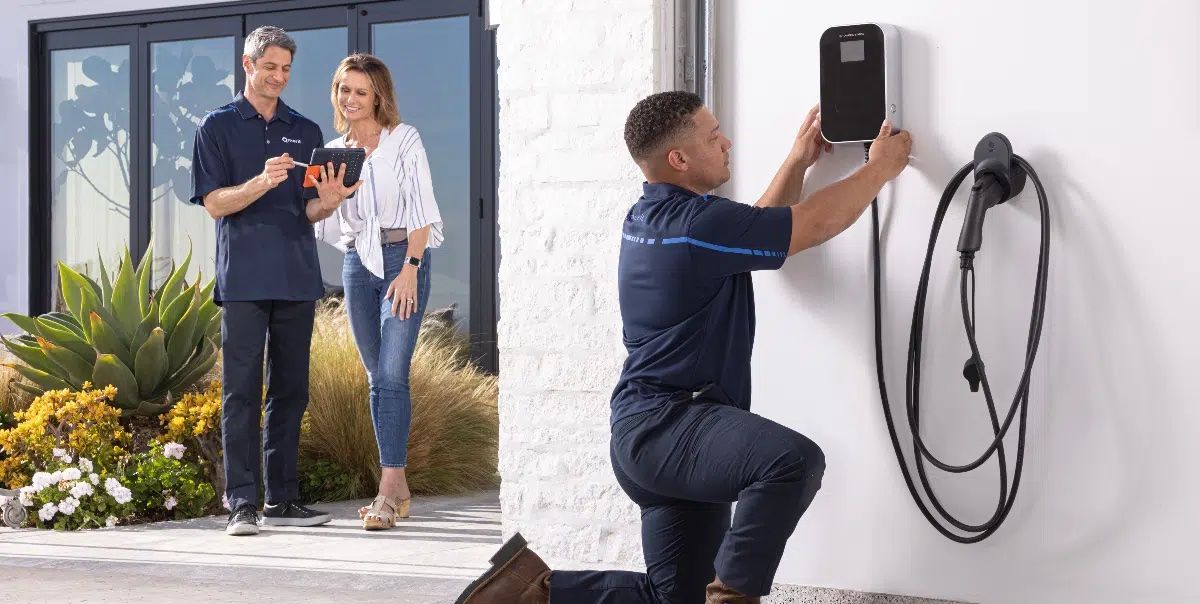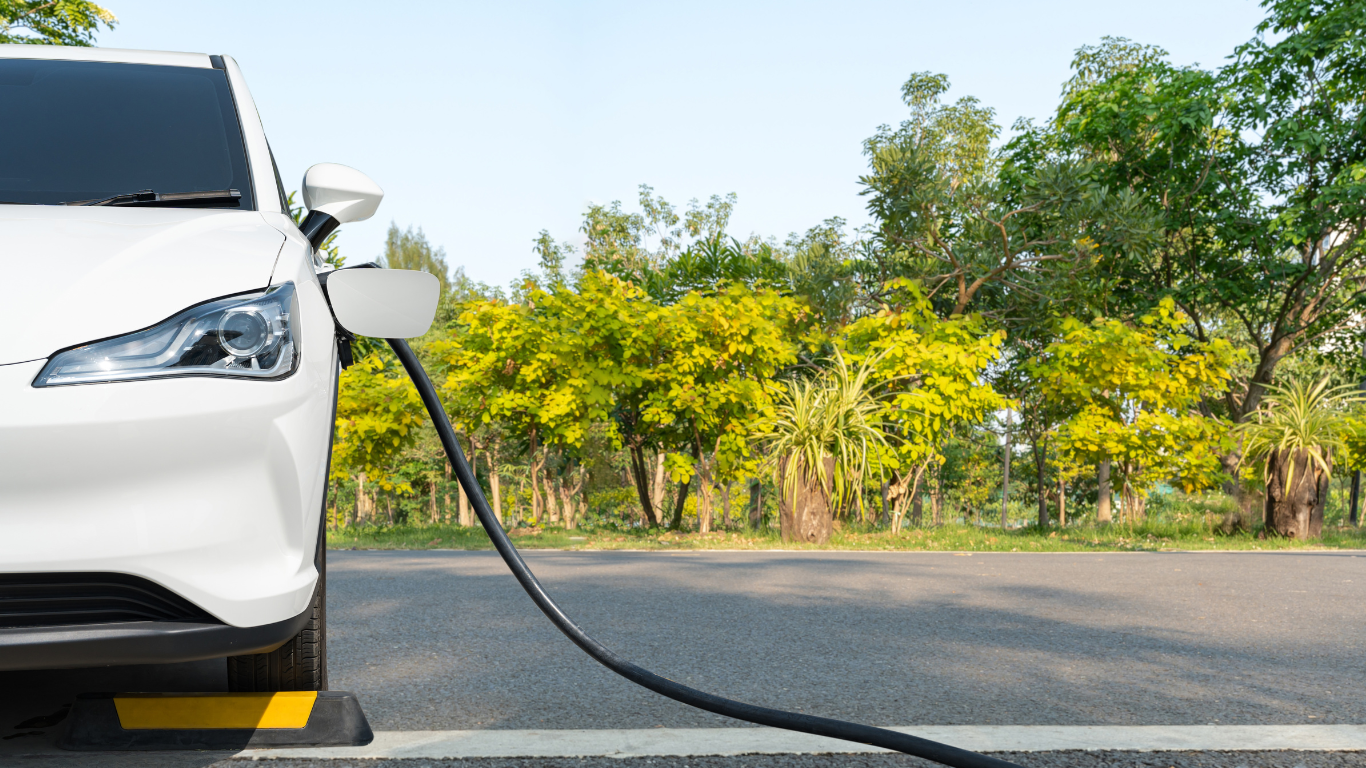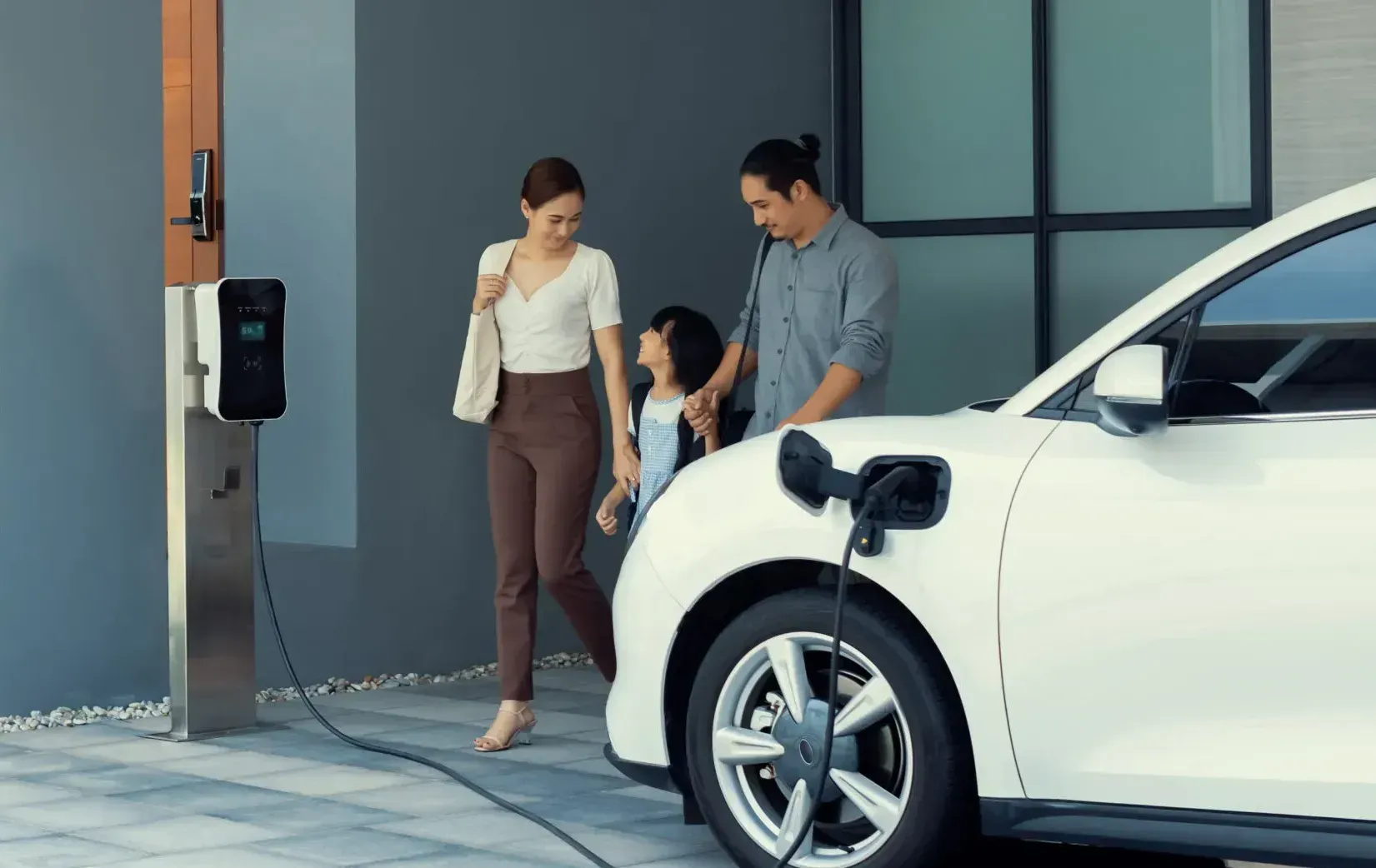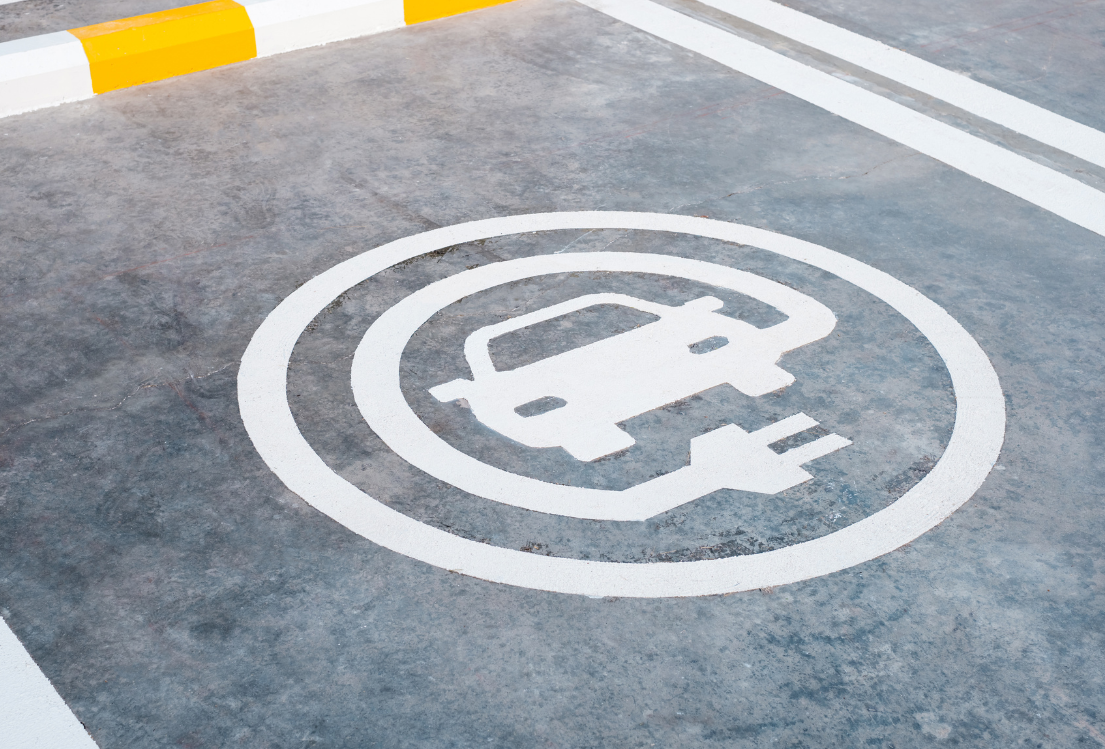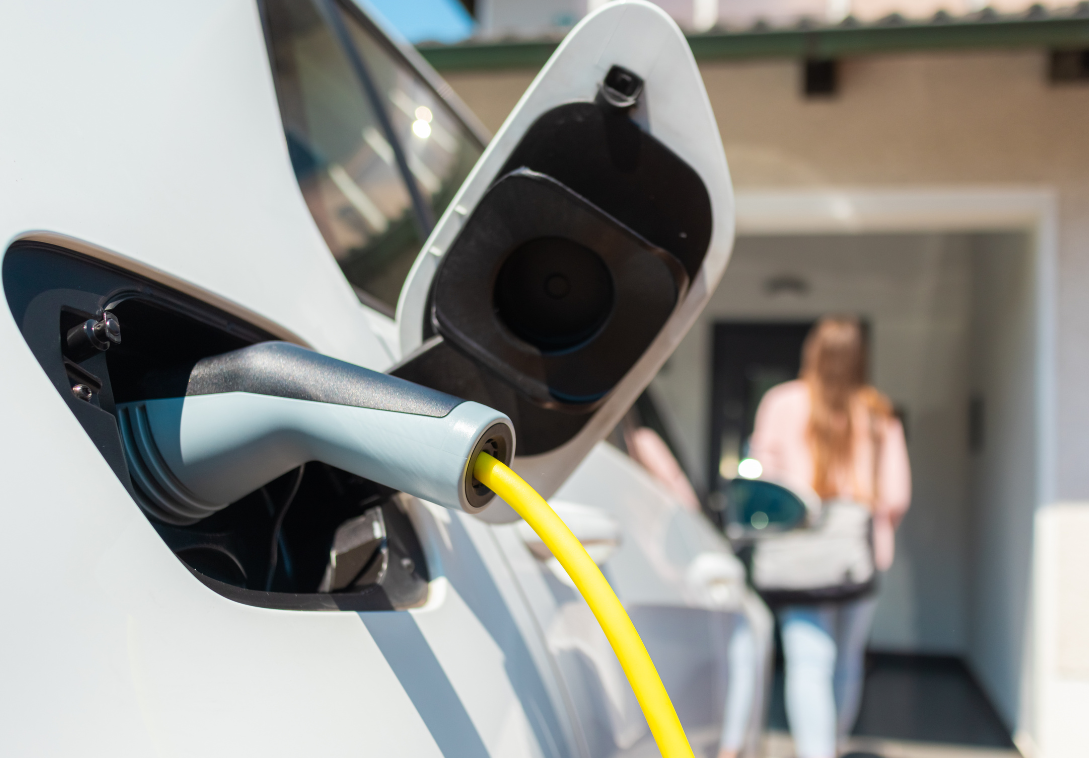Understanding EV Battery Life: Tips for Keeping Your Battery Healthy
Essential Tips to Maximize your EV Battery's Lifespan and Performance
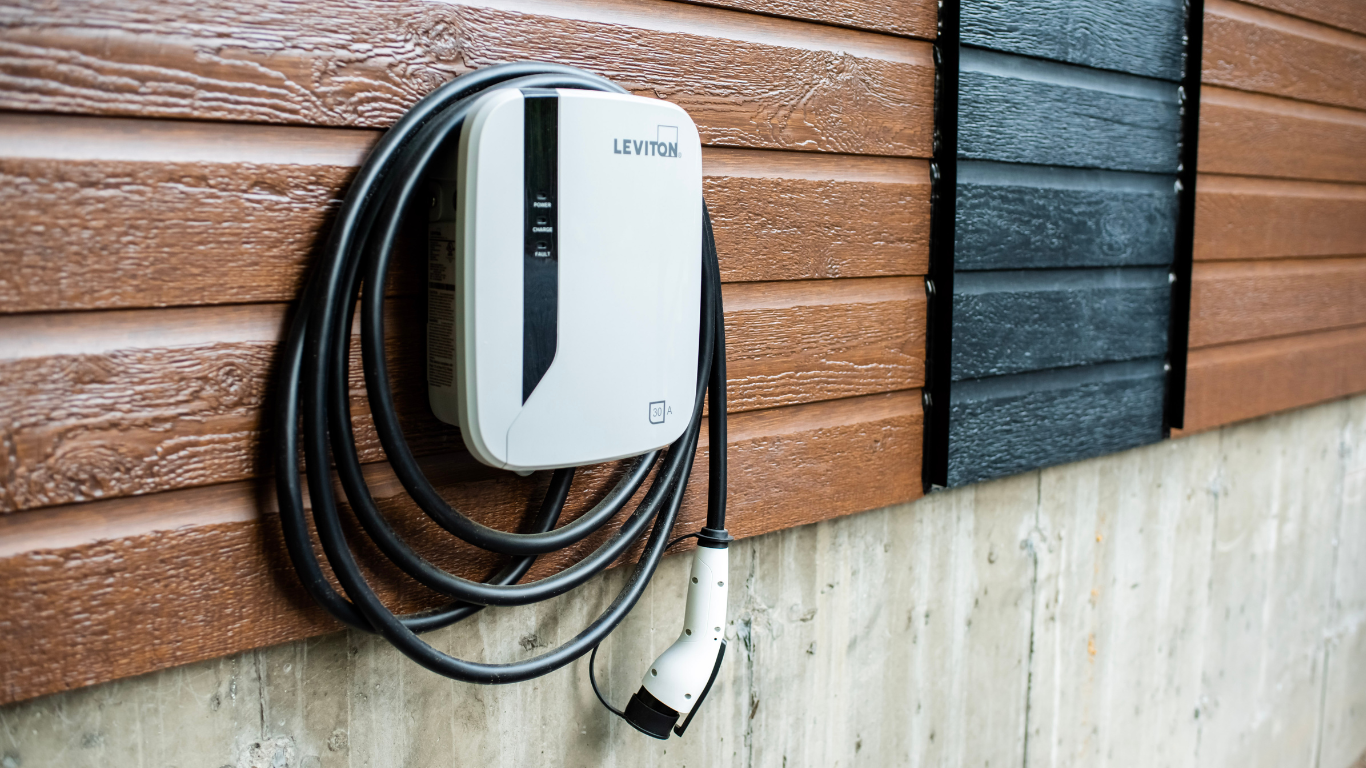
Table of Contents
Introduction
Electric vehicles (EVs) represent the future of transportation, offering an environmentally friendly alternative to traditional internal combustion engine (ICE) vehicles. At the heart of every EV is its battery, a highly engineered component responsible for storing and delivering energy to the vehicle. Maintaining the health of this critical component is essential not only for performance but also for extending the vehicle's overall lifespan.
In this comprehensive guide, we explore the key factors affecting EV battery life, best practices for charging, and actionable tips for minimizing degradation. We also provide insights into identifying early warning signs of potential battery issues. By adopting these strategies, you can maximize the efficiency of your EV and preserve its value for years to come.
1. Factors Affecting Battery Life
Temperature Extremes
Temperature management is one of the most critical aspects of battery health. EV batteries are sensitive to both high and low temperatures, which can impact their efficiency and longevity.
- High Temperatures: When a battery is exposed to heat, chemical reactions within its cells accelerate, which can degrade the battery over time. Prolonged exposure to temperatures above 30°C (86°F) can cause the electrolyte inside the battery to break down, leading to reduced capacity. Using a fast charger in hot climates further exacerbates this issue due to heat generated during rapid charging.
- Low Temperatures: Cold weather reduces a battery's ability to deliver energy efficiently. Drivers in colder regions, such as Canada, may notice reduced driving range during the winter months. While this is temporary and often resolves as the battery warms up, repeated exposure to freezing temperatures without protective measures can lead to permanent capacity loss.
Charging Habits
Charging habits play a significant role in determining the lifespan of your EV battery. Improper charging can accelerate wear, while good practices can extend the battery's useful life.
- Overcharging Risks: Leaving your EV plugged in after it reaches 100% can stress the battery. This is especially true for older EV models that lack advanced battery management systems (BMS) to prevent overcharging.
- Frequent Fast Charging: Level 3 DC fast chargers are convenient for long trips, but their rapid energy delivery generates heat, which can degrade the battery if used too often. While occasional use is fine, relying on fast chargers for daily needs is not recommended.
Driving Style
Your driving habits also influence battery health:
- Aggressive Driving: Rapid acceleration and hard braking consume more energy and create heat, which can impact battery efficiency.
- Energy Conservation: Driving at moderate speeds and using regenerative braking can help conserve battery energy and reduce stress on its cells.
2. Best Practices for Charging
Maintain Optimal Charging Levels
Keeping your EV battery charged within a healthy range is one of the simplest and most effective ways to extend its lifespan:
- Target Range: Aim to keep your battery level between 20% and 80% for everyday use. This minimizes the stress associated with deep discharges (0%) or full charges (100%).
- Full Charges: Save full charges for occasions when you need the maximum range, such as road trips. Once the battery reaches full capacity, unplug the charger to prevent overcharging.
Choose the Right Charger for Your Needs
Different chargers provide varying levels of power, and selecting the right one can impact battery health:
- Level 1 Chargers: These use standard 120V outlets and are ideal for overnight charging. While slower, they are gentle on the battery and sufficient for light daily driving.
- Level 2 Chargers: Offering faster charging speeds, these 240V chargers are suitable for most EV owners and provide a good balance of efficiency and battery care.
- Level 3 DC Fast Chargers: Use these high-power chargers sparingly, as the heat generated during rapid charging can accelerate degradation.
3. Regular Maintenance and Monitoring
Importance of Software Updates
Modern EVs rely on sophisticated software to manage battery health. These systems optimize charging, monitor temperature, and prevent overuse:
- Battery Management System (BMS): Updates to the BMS can improve efficiency, extend battery lifespan, and provide more accurate range estimates.
- Over-the-Air Updates: Many EV manufacturers release updates that include features designed to improve battery longevity. Always ensure your vehicle is running the latest version.
Routine Inspections and Diagnostics
Regular maintenance checks by certified professionals can help identify potential issues early:
- Capacity Tests: These tests measure the remaining energy capacity of your battery compared to its original capacity, helping you track degradation.
- Thermal Management System Checks: EVs with liquid-cooled batteries require periodic inspection of their cooling systems to ensure optimal performance.
4. How to Avoid Battery Degradation
Minimize Exposure to Extreme Temperatures
Prolonged exposure to extreme heat or cold can reduce battery efficiency and lifespan:
- Hot Weather Tips: Use sunshades or park in covered areas to protect the battery from direct sunlight. Limit fast charging during peak summer temperatures to avoid additional heat stress.
- Cold Weather Tips: Precondition your battery before driving in cold conditions by warming it while the car is plugged in. Avoid letting your battery level drop below 20% in freezing temperatures, as this can strain its cells.
5. Signs of Battery Issues
Decline in Driving Range
A gradual reduction in range is normal for all EVs, but significant or sudden drops may indicate problems:
- Expected Decline: Most EV batteries lose about 2-3% of their capacity annually.
- Warning Signs: A 10% or more reduction in range within a year warrants professional inspection.
Conclusion
Maintaining your EV battery's health is crucial for maximizing performance, range, and resale value. By understanding the factors that impact battery life, adopting good charging habits, and staying proactive with maintenance, you can extend the lifespan of your EV and enjoy a reliable driving experience.
Ready to protect your EV battery?
Contact My EV Experts today to schedule a consultation and receive personalized advice on EV maintenance. Let us help you keep your vehicle running smoothly for years to come!
My EV Experts - a contractor referral site.
All Electrical services provided by BradCon Electrical Services.
ESA #7008326
Disclaimer: My EV Experts is a lead generation service connecting customers with licensed electrical contractors.
We are not responsible for the work performed.


